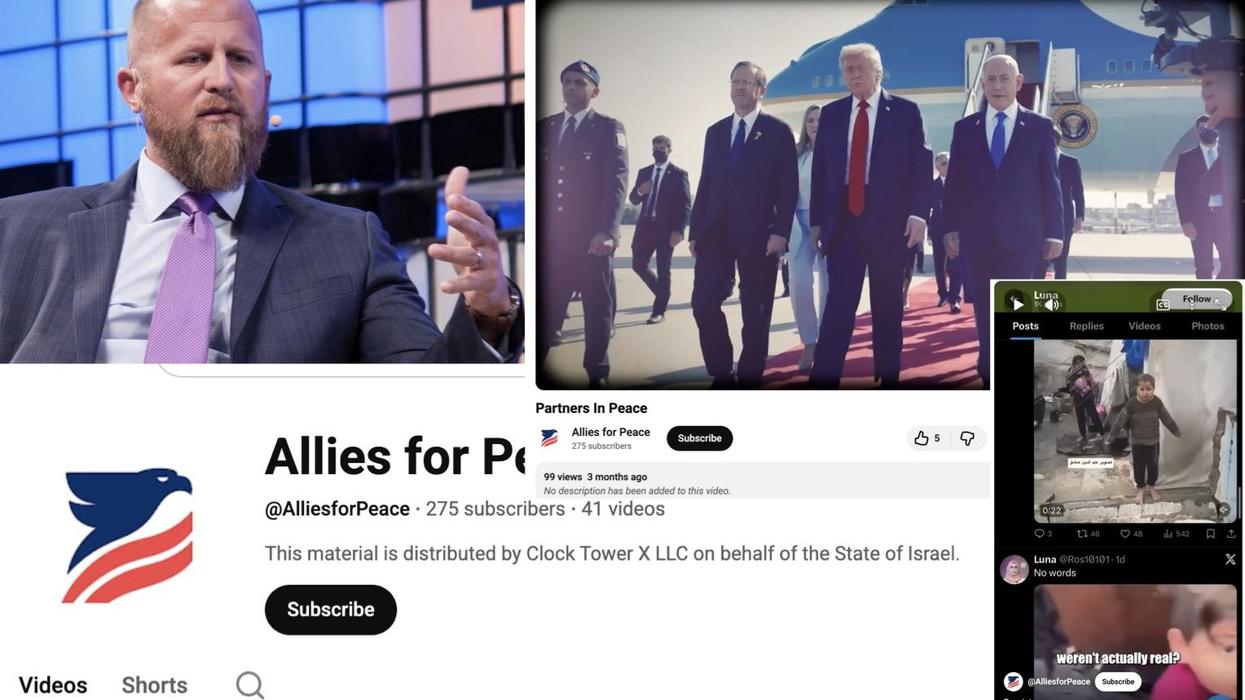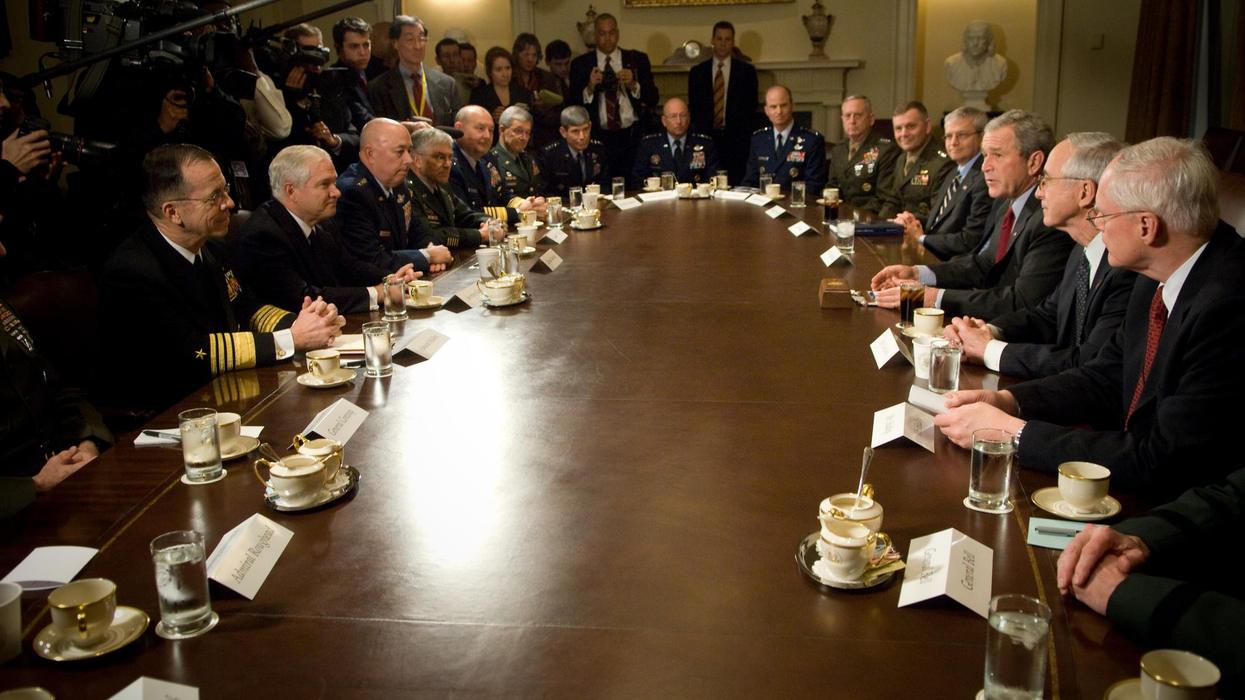In a Wednesday press conference in Washington, Ukrainian President Volodymyr Zelensky highlighted the moral difficulties facing any push toward peace in his country.
“I don’t know what just peace is,” Zelensky lamented, calling it “a very philosophical question.”
“For all of us, just peace is different,” he continued. “For me, as a president, just peace is no compromises as to the sovereignty, freedom, and territorial integrity of my country [and] payback for all the damages inflicted by Russian aggression.”
But, Zelensky noted, that formula may not satisfy the Ukrainian parents who have lost their children to Russia’s guns. “No compensations or reparations are of consequence [for them]. They live by revenge.”
Unfortunately, he may be right. There is likely no way to achieve a moral end to this brutal war. But that leads to an important question: If there can’t be a just peace, then what’s the best realistic option to end the conflict?
Historian Vladislav Zubok sketched out an answer to that question in Foreign Affairs this week. For Zubok, a realistic peace will require both sides to make significant compromises, lest the conflict turn into a grinding war of attrition. “[T]he West’s current approach to simply let the war continue, though morally satisfying and politically popular, is risky,” Zubok argues, noting that it “subjects Ukrainians to the continual horrors of conflict.”
“What is missing, then, is a coherent political plan to bring an end to the suffering, and to reassure Ukrainians that Russia will not begin a new war at the earliest opportunity, even if Putin remains in power,” he continues. “That will require the Russians to accept a defeat but also require the Ukrainians to accept that complete victory may be unobtainable.”
Ukrainians, of course, are not the only ones who will have to swallow a bitter pill. As Zubok notes, the West has only used sticks with Russia in response to the conflict, but an end to the war will require carrots as well. “The West must be prepared to offer a map for the Russian elites and general population, outlining how they can end their isolation, free themselves of sanctions, and remove their pariah status,” he writes.
“Publicizing a map toward negotiations now, while Putin continues his barbaric war and millions of Ukrainians suffer, does not constitute appeasement of Russia or condone Moscow’s aggression,” Zubok concludes.
“On the contrary, it would be a prudent, strategic, and realist political move by the West and Ukraine to address the large and growing number of Russians who would prefer peace but abhor a choice between war and defeat.”
In other diplomatic news related to the war in Ukraine:
— Career diplomat Lynne Tracy will take over as the new U.S. ambassador to Russia following her Wednesday Senate confirmation, according to AP News. In Responsible Statecraft, James Carden noted that Tracy is “a well regarded member of the senior foreign service” but worried that her “activist mindset” could damage chances for improved ties between Washington and Moscow.
— Russian President Vladimir Putin said there are “no funding restrictions” on the needs of Russia’s army, signaling that Moscow is prepared for a long-term conflict, according to Newsweek.
— French President Emmanuel Macron said Wednesday that European leaders must “gain more autonomy on technology and defense capabilities, including from the U.S.,” according to the Wall Street Journal. Macron also reiterated his stance that, in order to end the war in Ukraine, there must be an agreement that provides security guarantees for all affected parties, including Russia. “This means that one of the essential points we must address — as President Putin has always said — is the fear that NATO comes right up to its doors, and the deployment of weapons that could threaten Russia,” the French leader argued.
— In the Spectator, Henry Kissinger argued that it’s time to start pushing for peace talks in Ukraine. “The goal of a peace process would be twofold: to confirm the freedom of Ukraine and to define a new international structure, especially for Central and Eastern Europe,” Kissinger writes. “Eventually Russia should find a place in such an order.”
— On Wednesday, Russia and China began a week of joint naval exercises in the East China Sea, according to Al Jazeera. Chinese officials said the drills are “directed at demonstrating the determination and capability of the two sides,” adding that they will “further deepen” ties between the two countries.
U.S. State Department news:
In a Tuesday press conference, State Department spokesperson Ned Price said the Biden administration remains opposed to designating Russia as a state sponsor of terrorism. “We’re working with Congress on a potential alternative that would allow us to continue to increase the costs on the Kremlin and those who are responsible for Russia’s war against Ukraine without some of the unintended consequences that the state-sponsor designation might bring,” Price said.

















